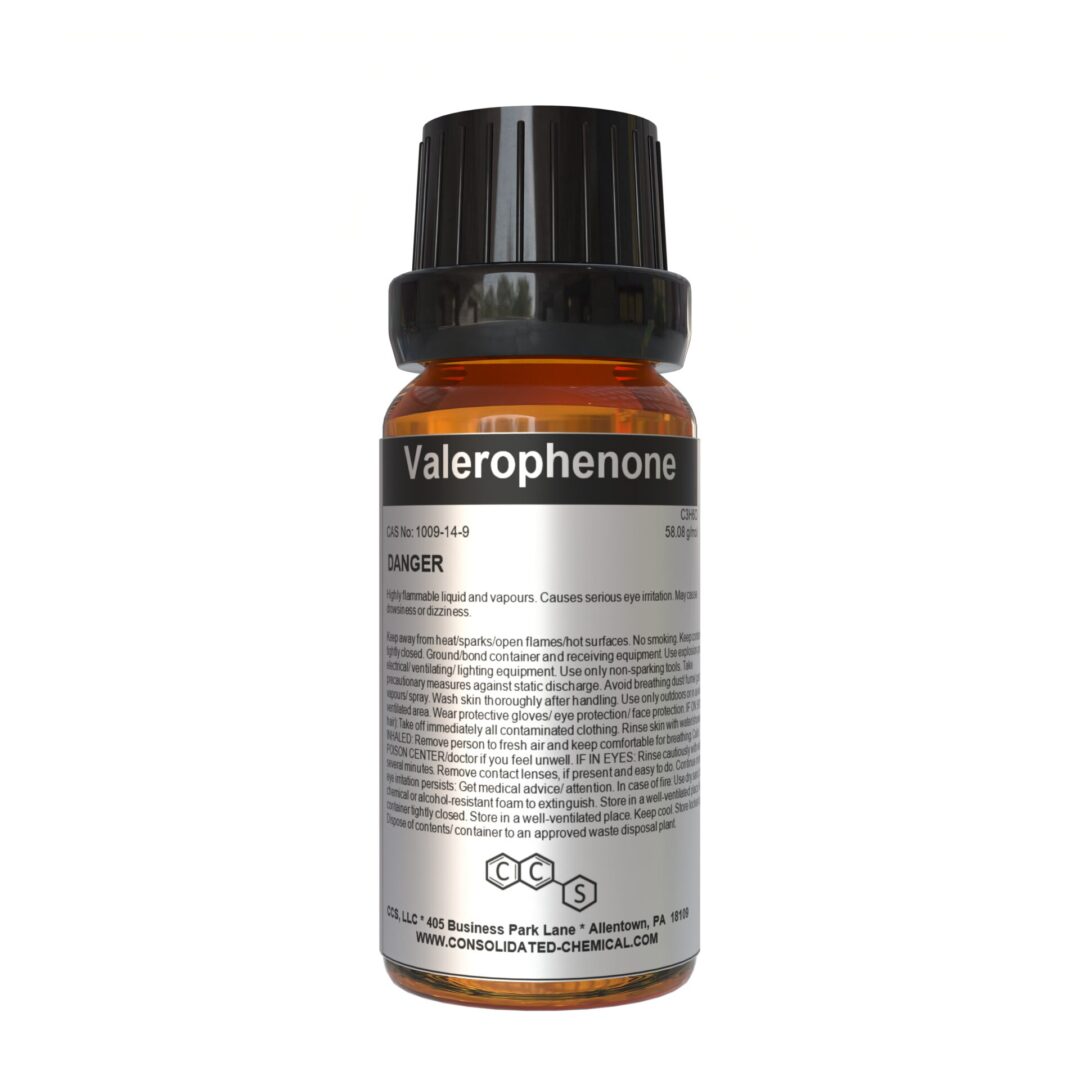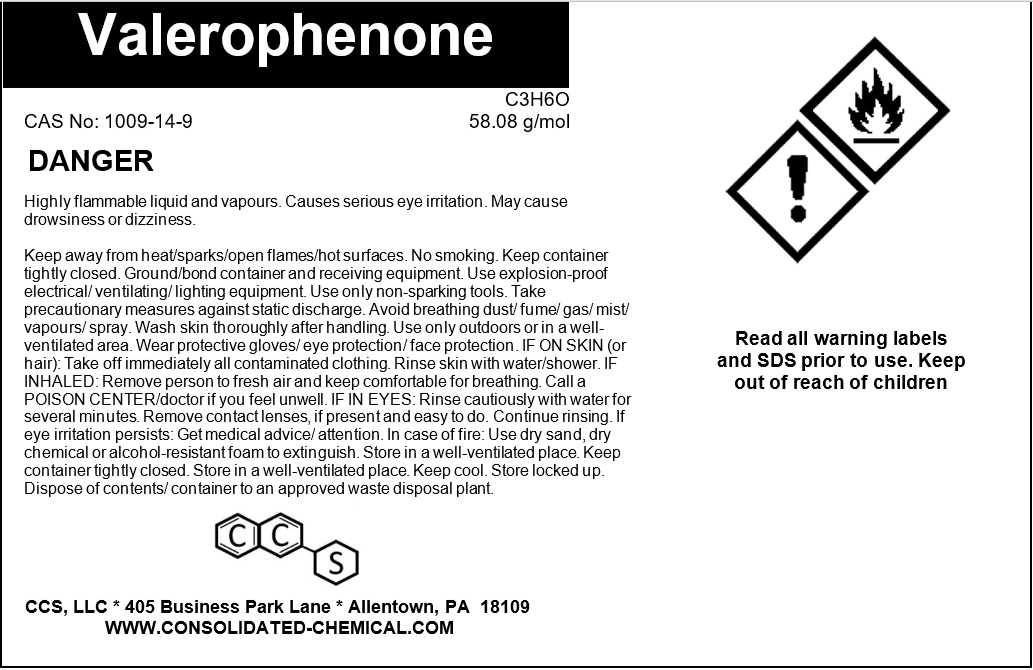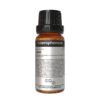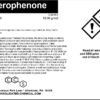Valerophenone – Premium-Grade Ketone
$35.00 – $55.00
General Information
- Chemical Name: Valerophenone
- Synonyms: 1-Phenyl-1-pentanone, Pentanophenone
- Molecular Formula: C₁₁H₁₄O
- CAS Number: 1009-14-9
- EC Number: 213-767-3
- Appearance: Clear to pale yellow liquid
- Odor: Faint aromatic odor
Physical and Chemical Properties
- Molecular Weight: 162.23 g/mol
- Boiling Point: 243–245°C (469–473°F)
- Melting Point: -9°C (15.8°F)
- Flash Point: 108°C (226°F) (closed cup)
- Density: 0.98–1.00 g/cm³ at 25°C
- Vapor Pressure: 0.03 mmHg at 25°C
- Refractive Index: 1.514–1.518 at 20°C
- Solubility:
- Water: Insoluble
- Soluble in organic solvents like ethanol, acetone, and ether
Purity and Quality
- Purity: ≥99%
- Grade: Industrial grade, laboratory grade
Description
Valerophenone, a versatile aromatic ketone, is widely used in chemical synthesis, photochemistry, and as an intermediate in various industrial processes. With its high purity and reliable performance, Valerophenone is an essential compound for researchers, chemists, and industrial professionals.
Applications of Valerophenone
Chemical Synthesis
- Pharmaceuticals:
- Used as an intermediate in the production of active pharmaceutical ingredients (APIs).
- Agrochemicals:
- Plays a role in synthesizing herbicides, fungicides, and insecticides.
- Specialty Chemicals:
- A precursor for manufacturing fine chemicals used in coatings, adhesives, and more.
Photochemistry
- Photosensitizer:
- Commonly used in photochemical studies to initiate and analyze light-induced reactions.
- Reactive Intermediates:
- Generates free radicals under UV light, making it useful in photophysical and photochemical experiments.
Industrial Applications
- Resins and Coatings:
- Used in the formulation of high-performance resins and specialty coatings.
- Plasticizers:
- An intermediate in creating plasticizers for enhancing the flexibility of polymers.
- Fragrances:
- Valerophenone derivatives are employed in the synthesis of aromatic compounds for fragrances.
Research and Development
- Laboratory Studies:
- Used in academic and industrial research for investigating reaction mechanisms and chemical properties.
- Catalyst Testing:
- Acts as a model compound in catalysis experiments.
Material Science
- Polymers:
- Involved in the development of new polymeric materials and composites.
- Additive Manufacturing:
- Utilized as a building block for creating specialty additives in manufacturing processes.
Analytical Applications
- Gas Chromatography Standards:
- Employed as a reference compound for calibration in chromatographic methods.
- Spectroscopy Studies:
- Used in UV-Vis and IR spectroscopy for studying chemical behavior and properties.
Education and Training
- Teaching Tool:
- Used in chemistry education to demonstrate organic synthesis, photochemical reactions, and ketone reactivity.
Storage Guidelines
- Storage Conditions:
- Store in a cool, dry, and well-ventilated area, away from direct sunlight, heat, and ignition sources.
- Ideal storage temperature: 15°C to 25°C (59°F to 77°F).
- Keep containers tightly sealed to avoid contamination and evaporation.
- Container Recommendations:
- Use containers made of glass or high-density polyethylene (HDPE) for safe storage.
- Ensure the container is properly labeled to avoid accidental misuse.
- Incompatibilities:
- Keep away from strong oxidizing agents, acids, and bases.
Handling Guidelines
- Personal Protective Equipment (PPE):
- Gloves: Wear nitrile or neoprene gloves to protect skin.
- Eye Protection: Use chemical splash goggles to avoid eye contact.
- Clothing: Wear a lab coat or apron to prevent skin exposure.
- Workplace Safety:
- Handle in a well-ventilated area or under a fume hood to minimize exposure to vapors.
- Avoid open flames or sparks, as Valerophenone is flammable.
- Precautionary Measures:
- Prevent inhalation of vapors or mist.
- Avoid prolonged or repeated skin contact.
- Wash hands thoroughly after handling.
Spill and Disposal Guidelines
- Spill Cleanup:
- Contain spills with inert materials such as sand, vermiculite, or absorbent pads.
- Dispose of collected material in accordance with local, state, and federal regulations.
- Disposal:
- Dispose of unused product and contaminated materials via licensed chemical waste disposal services.
Additional information
| Size | 30mL (1 Fl Oz), 60mL (2 Fl Oz) |
|---|
Related products
-
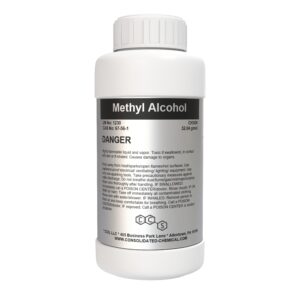
Methyl Alcohol (Methanol) – Premium Multi-Purpose Solvent
$12.99 – $70.00 Select options This product has multiple variants. The options may be chosen on the product page -
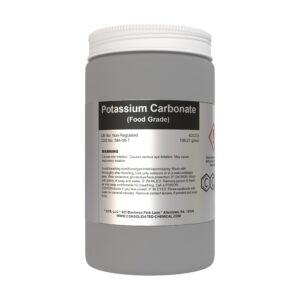
Potassium Carbonate – Food Grade (E501)
$24.99 – $39.99 Select options This product has multiple variants. The options may be chosen on the product page -
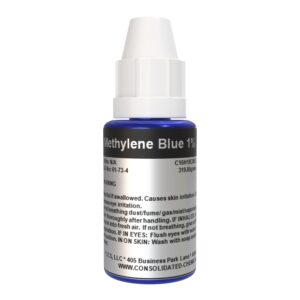
Methylene Blue 1% Aqueous Stain/dye Solution
$12.00 Select options This product has multiple variants. The options may be chosen on the product page -
Methylene Blue Stain/Dye High Purity, Poly Bottle, 10g-50g
$12.50 – $34.00 Select options This product has multiple variants. The options may be chosen on the product page
SKU: N/A
Categories: Fragrance Chemical, Industrial Chemical
Tags: 1-phenylpentan-1-one, 1009-14-9, Affordable Valerophenone for Sale, Analytical Standard Valerophenone, Bulk Valerophenone Supplier, buy valerophenone, Buy Valerophenone Online, CAS 1009-14-9, Eco-Friendly Valerophenone Packaging, Gas Chromatography Valerophenone, High-Purity Valerophenone, Industrial-Grade Valerophenone, Laboratory-Grade Valerophenone, Long Shelf-Life Valerophenone, Photochemical Studies Valerophenone, Premium Valerophenone, Research-Grade Valerophenone, Safe Packaging Valerophenone, Specialty Chemicals Valerophenone, Valerophenone, valerophenone advanced formulations, valerophenone alternative applications, valerophenone API synthesis, valerophenone best manufacturer, valerophenone best quality, valerophenone best supplier, valerophenone biodegradable, valerophenone boiling point, valerophenone breakthrough applications, valerophenone bulk orders, valerophenone bulk supplier, valerophenone CAS 1009-14-9, valerophenone chemical, valerophenone chemical applications, valerophenone chemical innovations, valerophenone chemical reactions, valerophenone chemical safety, valerophenone chemical structure, valerophenone commercial availability, valerophenone competitive pricing, valerophenone compound, valerophenone cost-effective solutions, valerophenone cost-efficient solutions, valerophenone critical raw material, valerophenone cutting-edge technology, valerophenone decomposition, valerophenone demand forecast, valerophenone density, valerophenone distributor, valerophenone emergency response, valerophenone environmental impact, valerophenone environmentally friendly, valerophenone EPA regulations, valerophenone esterification, valerophenone EU regulations, valerophenone experimental research, valerophenone explosion risk, valerophenone FDA approval, valerophenone fire hazard, valerophenone flash point, valerophenone flexible applications, Valerophenone for Agrochemicals, Valerophenone for Catalyst Testing, Valerophenone for Chemical Synthesis, Valerophenone for Coatings, Valerophenone for Fragrances, Valerophenone for Pharmaceuticals, Valerophenone for Photochemistry, Valerophenone for Plasticizers, Valerophenone for Polymers, Valerophenone for Resins, Valerophenone for Spectroscopy, valerophenone GHS classification, valerophenone global market, valerophenone handling precautions, valerophenone hazard classification, valerophenone high purity, valerophenone hydrolysis, valerophenone import/export, valerophenone in academic research, valerophenone in academic studies, valerophenone in active pharmaceutical ingredients, valerophenone in adhesives, valerophenone in advanced materials, valerophenone in aerospace applications, valerophenone in agrochemicals, valerophenone in alternative fuels, valerophenone in analytical chemistry, valerophenone in automotive industry, valerophenone in battery electrolytes, valerophenone in biofuels, valerophenone in biotechnology, valerophenone in chromatography, valerophenone in cleaning agents, valerophenone in coatings, valerophenone in conductive materials, valerophenone in controlled reactions, valerophenone in corrosion inhibitors, valerophenone in degreasers, valerophenone in dispersants, valerophenone in drug synthesis, valerophenone in eco-friendly formulations, valerophenone in electrochemistry, valerophenone in electronics, valerophenone in emerging industries, valerophenone in emulsifiers, valerophenone in energy storage, valerophenone in fertilizers, valerophenone in fine chemicals, valerophenone in flexible electronics, valerophenone in forensic science, valerophenone in fuel additives, valerophenone in fuel cells, valerophenone in green chemistry, valerophenone in herbicides, valerophenone in high-performance materials, valerophenone in high-tech manufacturing, valerophenone in hydrogen production, valerophenone in industrial processes, valerophenone in innovative research, valerophenone in laboratory research, valerophenone in lithium-ion batteries, valerophenone in lubricants, valerophenone in material science, valerophenone in metalworking fluids, valerophenone in nanotechnology, valerophenone in next-generation materials, valerophenone in oil refining, valerophenone in organic synthesis, valerophenone in pesticides, valerophenone in petrochemical industry, valerophenone in pharmaceuticals, valerophenone in polymer chemistry, valerophenone in printed electronics, valerophenone in renewable energy, valerophenone in resins, valerophenone in semiconductor industry, valerophenone in smart materials, valerophenone in specialty chemicals, valerophenone in specialty formulations, valerophenone in spectroscopy, valerophenone in surfactants, valerophenone in sustainable chemistry, valerophenone in sustainable production, valerophenone in synthetic chemistry, valerophenone in thin-film coatings, valerophenone industrial applications, valerophenone industrial safety, valerophenone industrial solvent, valerophenone industry insights, valerophenone industry standards, valerophenone industry trends, valerophenone innovative applications, Valerophenone Intermediate, valerophenone international trade, valerophenone ketone, valerophenone laboratory reagent, valerophenone latest research, valerophenone long shelf life, valerophenone manufacturer, valerophenone market expansion, valerophenone market growth, valerophenone melting point, valerophenone molecular formula, valerophenone molecular weight, valerophenone new product development, valerophenone next-gen chemistry, valerophenone organic compound, valerophenone oxidation, valerophenone pharmaceutical intermediate, Valerophenone Photosensitizer, valerophenone polarity, valerophenone precursor, valerophenone premium grade, valerophenone procurement, valerophenone raw material, valerophenone REACH certification, valerophenone reactivity, valerophenone reagent, valerophenone refractive index, valerophenone regulatory compliance, valerophenone reliable supplier, valerophenone research chemical, valerophenone safe handling, valerophenone scientific studies, valerophenone smart ingredient, valerophenone smart material applications, valerophenone solubility, valerophenone solvent, valerophenone spill management, valerophenone stability, valerophenone strategic sourcing, valerophenone superior performance, valerophenone supply chain, valerophenone supply chain management, valerophenone supply chain optimization, valerophenone sustainability, valerophenone synthesis, valerophenone test chemical, valerophenone top chemical supplier, valerophenone toxicity, valerophenone transport regulations, valerophenone US regulations, valerophenone vapor pressure, valerophenone verified distributor, valerophenone verified supplier, valerophenone waste disposal, valerophenone wholesale


